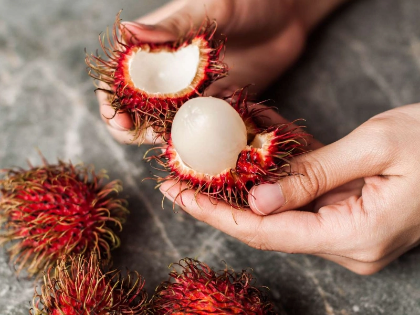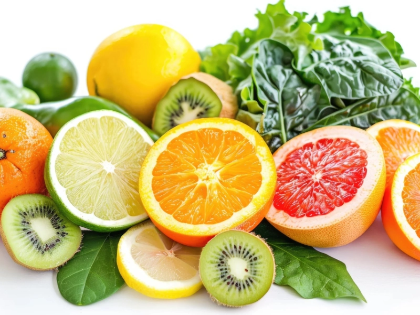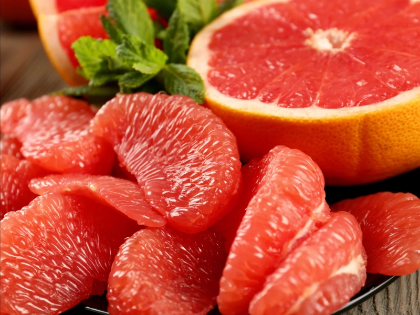Vitamin E and Fertility: Supporting Reproductive Health
1. Understanding Vitamin E
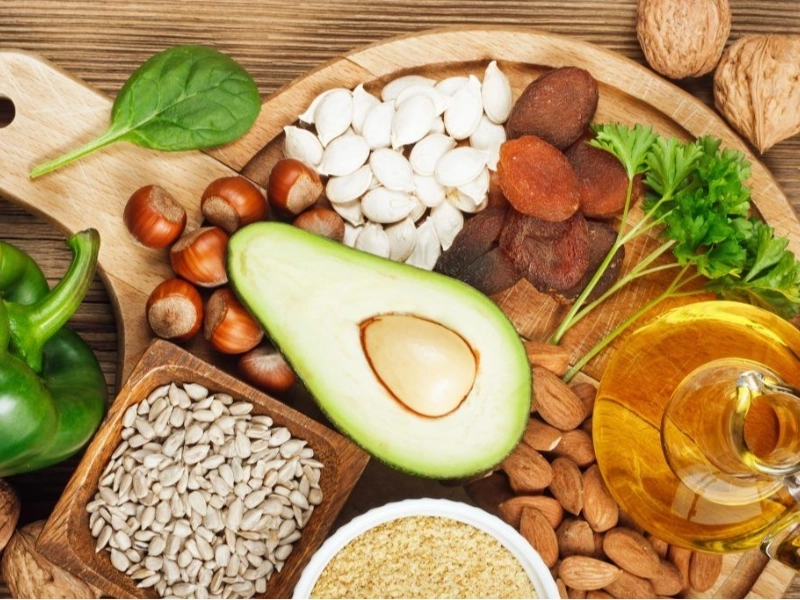
2. The Role of Antioxidants in Reproductive Health
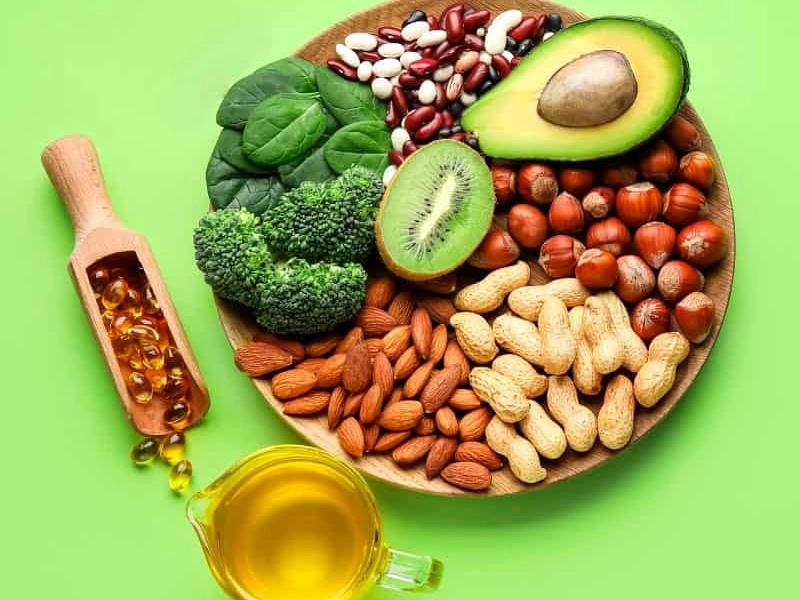 Vitamin E among other antioxidants are absolutely essential for shielding reproductive cells from oxidative damage. When the body's free radical balance is disrupted and cellular damage results, a condition known as oxidative stress results. Within the framework of reproduction, oxidative stress can compromise ovarian function in women and lower sperm quality in males. For best fertility, vitamin E helps preserve healthy reproductive cells by neutralizing free radicals.
Vitamin E among other antioxidants are absolutely essential for shielding reproductive cells from oxidative damage. When the body's free radical balance is disrupted and cellular damage results, a condition known as oxidative stress results. Within the framework of reproduction, oxidative stress can compromise ovarian function in women and lower sperm quality in males. For best fertility, vitamin E helps preserve healthy reproductive cells by neutralizing free radicals.
3. Vitamin E and Male Fertility
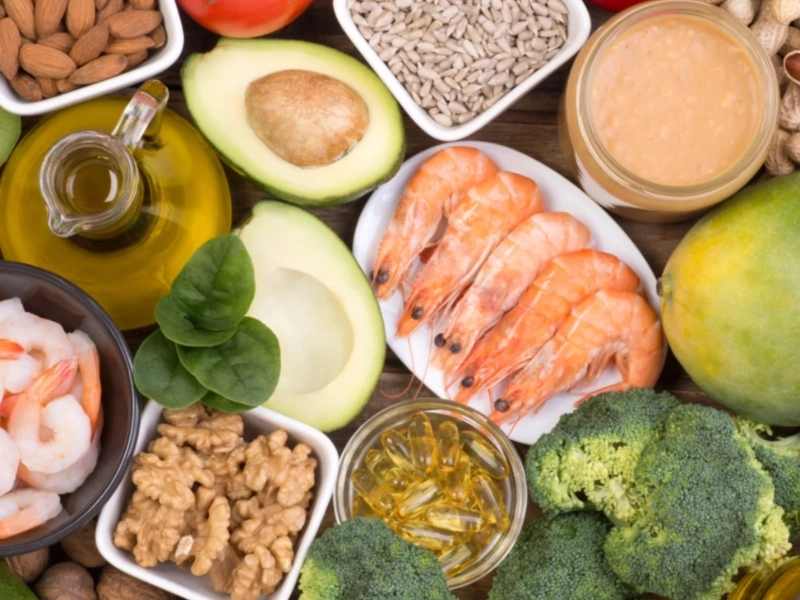 For men, preserving sperm health depends critically on vitamin E. Studies have indicated that enough vitamin E can increase sperm motility, shape, and general quality. This is especially crucial as a common element in male infertility is inadequate sperm quality. Furthermore, vitamin E can improve sperm's capacity to fertilize an egg by helping them to shield from oxidative damage. Including foods high in vitamin E into the diet can therefore help men trying to increase their fertility.
For men, preserving sperm health depends critically on vitamin E. Studies have indicated that enough vitamin E can increase sperm motility, shape, and general quality. This is especially crucial as a common element in male infertility is inadequate sperm quality. Furthermore, vitamin E can improve sperm's capacity to fertilize an egg by helping them to shield from oxidative damage. Including foods high in vitamin E into the diet can therefore help men trying to increase their fertility.
4. Vitamin E and Female Fertility
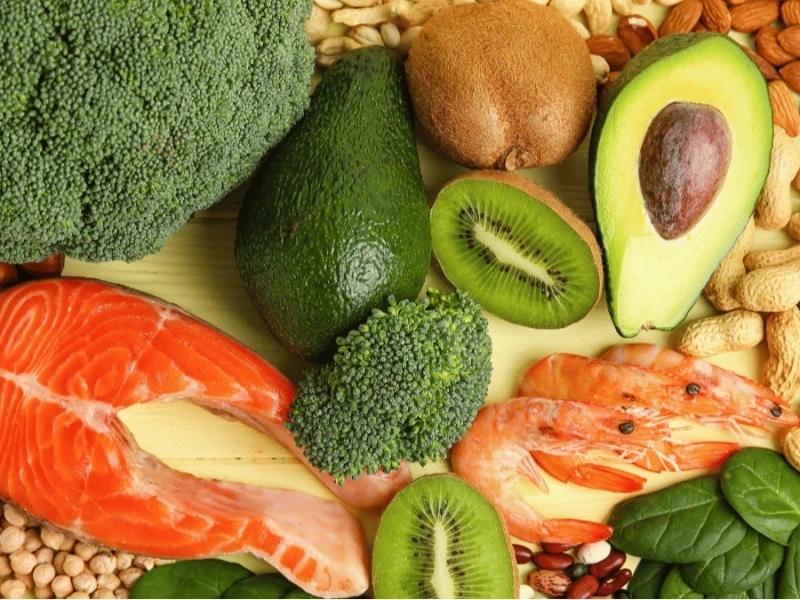 For women especially, vitamin E is vital for preserving reproductive health. It maintains ovary health and might assist control hormonal balance. Certain research indicate that vitamin E supplements may enhance ovulatory performance, which is absolutely essential for conception. Moreover, vitamin E has been connected to better general reproductive health and less menstruation pain. Women can help their fertility and general reproductive system by guaranteeing sufficient intake of vitamin E.
For women especially, vitamin E is vital for preserving reproductive health. It maintains ovary health and might assist control hormonal balance. Certain research indicate that vitamin E supplements may enhance ovulatory performance, which is absolutely essential for conception. Moreover, vitamin E has been connected to better general reproductive health and less menstruation pain. Women can help their fertility and general reproductive system by guaranteeing sufficient intake of vitamin E.
5. Sources of Vitamin E
Given that vitamin E is available in many foods, including some really simple meals, including it into your diet is rather simple. Among the richest sources are green leafy vegetables like spinach and kale as well as nuts and seeds including sunflower seeds and almonds. Additional sources include whole grains, avocados, vegetable oils—especially sunflower and wheat germ oil. A balanced diet including these items will help people readily satisfy their vitamin E requirements and promote their reproductive health.
6. The Importance of Balanced Nutrition
Although vitamin E is vital for fertility, it is important to understand that general diet greatly affects reproductive health. For best fertility, one must have a balanced diet including many minerals and vitamins. Working together with vitamin E, nutrients including folate, zinc, and omega-3 fatty acids improve reproductive performance. Maintaining a balanced diet can help to maximize vitamin E's advantages and support general health.
7. Vitamin E Supplementation
Those who might not obtain enough vitamin E from their diet could want to consider supplements. Before beginning any supplement program, though, one should see a healthcare practitioner. Although vitamin E is usually safe, too much of it could have side effects like higher bleeding risk. A healthcare professional can guarantee that supplements are safe and helpful for particular demands and assist to decide the suitable dosage.
8. Lifestyle Factors Affecting Fertility
Apart from diet, other elements of lifestyle might affect fertility. Reproductive health may be compromised by stress, sleep deprivation, and environmental pollutants. Including stress-reducing techniques like yoga or meditation will help to support general wellness. Furthermore improving fertility is keeping a good weight and consistent physical activity. Correct diet alone cannot increase a person's chances of conception; however, one must also address these lifestyle elements.
9. The Role of Vitamin E in Pregnancy
Pregnancy is another time when vitamin E is crucial since it supports fetal development and helps avoid problems. By encouraging appropriate cell function and lowering oxidative stress, enough vitamin E can help a pregnancy to be healthy. Furthermore important for food flow to the developing embryo is the placenta, which develops in part with vitamin E. Before and during pregnancy, making sure one gets enough vitamin E will assist promote the health of mother and unborn child.
10. Summary of Vitamin E and Fertility
For men and women alike, vitamin E is a potent antioxidant that significantly supports fertility and reproductive health. Vitamin E supports best fertility by shielding reproductive cells from oxidative damage, improving sperm quality, and adjusting hormonal balance. Along with changing lifestyle choices, including foods high in vitamin E into a balanced diet helps to improve reproductive health and increase conception chances. Supporting fertility and general reproductive wellbeing naturally comes from making sure you get enough vitamin E.


